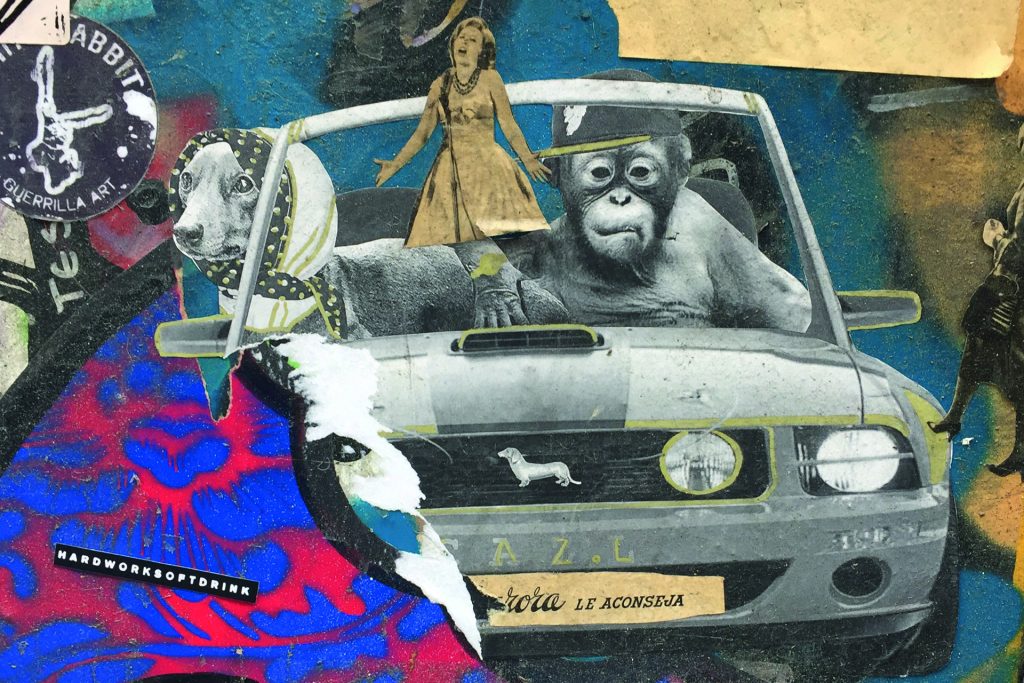My go-to literature for the aeroplane and sun-lounger tends to be true crime and thrillers. In the evenings and when commuting I lean towards anything from the Victorian era or self-development. I have a keen interest in helping others become the best version of themselves, so the tools and techniques I can gather from respected authors are food for the mind, body and soul.
But here lies the challenge.
Challenge 1. I enjoy reading and promised myself I WILL read more. However, if the first couple of pages do not hook me, then finishing the book has a limited chance of success.
Challenge 2. My mind does not switch off to allow myself to be consumed by the words in a book. My thoughts drift off. I think about my to-do-list, the groceries I should be ordering, the online shopping wishlist or lose time with social media bitesize funny videos.
The reality is that I am hard to please when it comes to reading and very easily distracted.
As I reflect on the literature that has left a permanent pathway in my mind, one book is my repeated ‘go to’: The Chimp Paradox by Professor Steve Peters.
Without spoiling it for you, Professor Peters provides a relatable narrative of how our brain operates. The Chimp Paradox explains how the chimp part of our brain attempts to control us in times of challenge and distract us from achieving our goals. Our chimp perceives risk and is motivated to keep us safe. The human part of the brain, our logical thinker, can be incongruent with the chimp, causing us to be totally confused with what to do when it comes to decision-making and being focused on the task in hand.
So how is this relevant to the challenges I face with dedicating time to reading?
I get enticed by the high street and airport bookstores which draw me in like a child being hypnotised by the jars of brightly coloured sugar delights in the sweetshop. I get a great sense of satisfaction seeing books on my bookshelves, positioned beautifully on the coffee table, in my handbag and on my desk in the office.
As I stand in the bookshops choosing my next book, my human brain is very much in control. I have a spring in my step with my arms full of literature and my mind full of good intentions. My human brain is committed and determined that this next purchase will be read cover to cover; no excuses and free from distractions.
So what would Professor Steve Peters say?
I am confident he would tell me that my strong-willed chimp is determined to distract me, to make me give up on a book once again. My chimp just does not allow me the freedom to pause the world around me to then enjoy literature.
My strategy for the future: I no longer see it as failure not to finish another book which I had started. I have found strength in understanding when my chimp is interfering. A new solution I have found to drowning out my chimp’s interference is audio books. I have discovered that the narrator can be louder than the chimp.
What is your chimp telling you?
Our chimps are not us! They are our thoughts and our feelings which feed intrusive thoughts, anxieties, worries and concerns.
When we think we cannot achieve something, it is our risk-adverse chimp who is scared so makes an attempt to self-sabotage.
Your human brain knows you can be successful with what you set out to achieve. You’ve got this!
For me… the audiobooks are invisible on the bookshelves, but the chances of successful completion are much higher.


